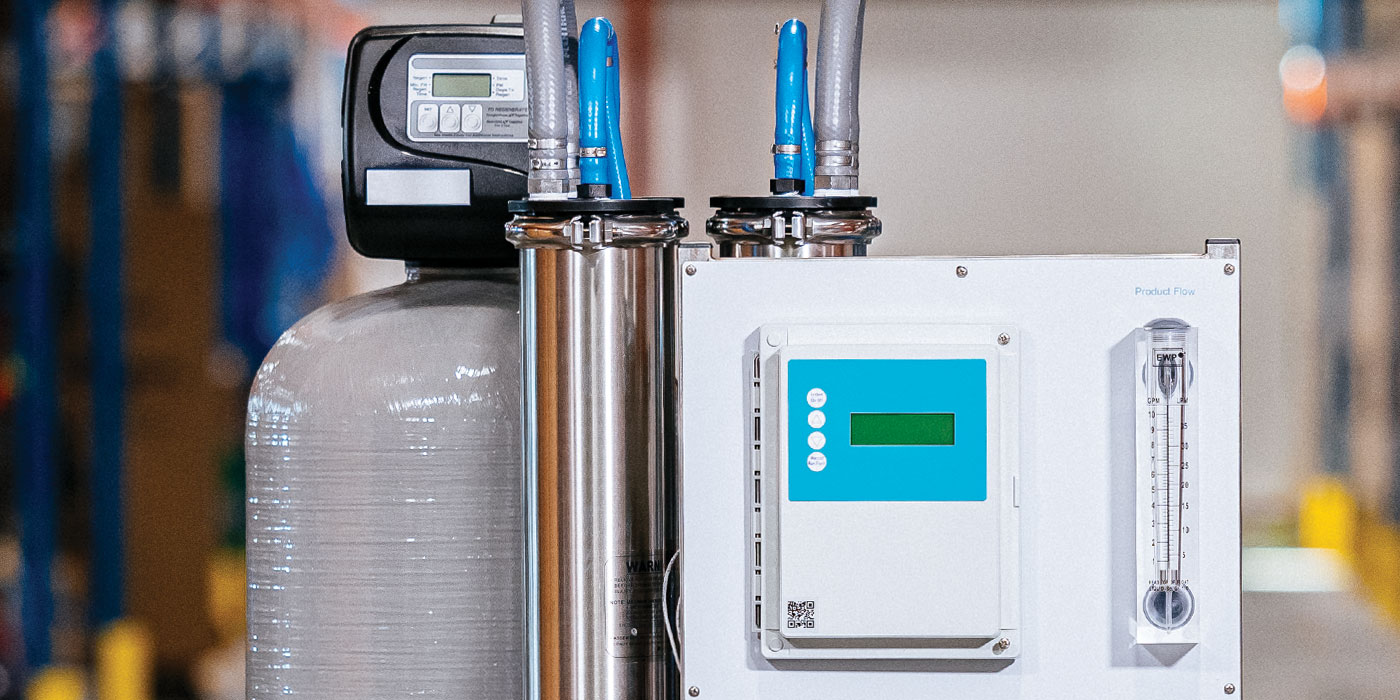While the professional carwash industry appropriately focuses on managerial- and owner-specific training, such as covering management and procedure best practices, front-line employees at most carwashes either rely on in-house, secondhand training or, as is often the case, on-the-job training.
However, now is the time for owners and operators to really concentrate on correcting this issue before it is too late. No longer at stake is only the issue of clean or unclean cars coming out of your wash.
Eliminating excuses
Before the decision to not adequately train employees occurs, there are usually excuses first. Making excuses for not training crew employees is easier than properly training them. Let’s review and disprove three of the most common challenges and excuses for not efficiently training employees.
- Challenge No. 1: Turnover is too high to maintain training
- In fact, lack of employee training or no training at all increases turnover. Research notes more than 40 percent of employees who receive poor job training leave their position after 12 months. Reasons for leaving include lack of skills to adequately perform the job and a desire to continue their professional development.
- Challenge No. 2: Employee training costs too much time and money
- “Training does not take a long time, and it does not require a lot of money,” says Steve Gaudreau, president of Brink Results LLC ([email protected]). The caveat: You must know how to do it correctly if you are looking to save time and money as well as maximize its impact.
- Challenge No. 3: If I cannot determine a clear ROI, why do it?
- Owners and operators who are using this excuse are not looking in the right areas of their businesses to appropriately measure their return on employee training investments. Beyond visual confirmation, some critical areas to consider when measuring employee training’s ROI include: productivity enhancements; training as a recruitment tool; it helps create employee loyalty and satisfaction; reduces long-term training needs with cross-training; and, especially important in the business of carwashing, gives seasonal employees a reason to return.
Of course, these are just three of the many justifications used at carwashes today for not training front-line employees. There are many others, and we will touch on more in coming sections of this article.
Tackling turnover
Like too many industries in the U.S., employee turnover is a common occurrence in the carwashing industry. According to Gaudreau, “Absolutely, yes, turnover is a huge issue in the carwash industry. There are four major variables that I would attribute to turnover in this industry.” Those four variables, he highlights, are the following:
- The compensation you offer. “What you pay determines to some degree who you attract,” he says. Look at the local competition and the overall market averages, and see what other carwash owners and operators are paying; and, if you are interested in attracting the best of the best, consider raising your starting wage by a dollar or two over the average.
- The interview process. Carwashing is a fast-paced and physical work environment. Therefore, notes Gaudreau, you want to hire people with high energy to work for your business. Crew employees have to be able to bend, twist, lift, push, pull, wipe, etc. Hiring high-energy and physically able candidates is important to achieve these tasks. “If you hire low energy, you get high turnover,” warns Gaudreau.
- How people are trained. Most people are trained on-the-job by another employee who informs them what their mistakes are, creating negative feedback. “The right way to train is upfront, which is positive reinforcement from day one,” asserts Gaudreau.
- How people are managed. This is a matter of personal respect. “If you need to correct an employee, do it privately and not publicly. And, do not be angery, upset or yell; instead, communicate with the employee in a calm and professional manner,” advises Gaudreau.
“The most common reason why people quit, according to various surveys and polls, is because they were mistreated by their immediate boss,” adds Gaudreau.
Costs of poor hiring and training
The cost of labor is increasing; therefore, maximizing your employee investment is more critical today than ever before. As noted, hiring and training go hand-in-hand. Quickly hiring crew employees to simply fill a gap and viewing it as a short-term decision is something small businesses, including carwashes, simply cannot afford to practice any longer.
According to the Harvard Business Review, as much as 80 percent of employee turnover can be attributed to bad hiring decisions. And, although various studies and research conflict in this area of focus because so many variables are involved, the Labor Department estimates that it can cost, on average, one-third of a new hire’s annual salary to replace him or her.
Other studies, such as one performed by the Society for Human Resources Management (SHRM), notes that it can cost up to five times a bad hire’s annual salary during and after employment.
Simply put, as minimum wage continues to rise in the U.S. and as carwash competition increases, investments in employee satisfaction — for the purpose of retaining quality employees — and implementing proven carwash-specific training for crew employees are essential today in order to compete in the car care business.
Best practices in training
The workforce is changing, and as more millennials are hired at your wash, the need for training is even greater. This creates some urgency for carwashes that have minimized these efforts in the past.
While training does not have to be expensive or time-consuming, it does require an investment in both costs and time. Gaudreau offers the following two practical tips that carwashes can implement immediately to enhance their training efforts.
- Have employees perform a new activity off-line, such as in the parking lot, before going on-line.
- Before training any employee on a process or procedure, explain the purpose and why it is important to perform the procedure in a certain way.
“And,” continues Gaudreau, “always tie it back to the customer, such as, ‘We do it this way because our customers have requested it.’ This way the focus remains on customer satisfaction. This is especially important when training millennials, which is a growing group of new employees at carwashes, because these employees want to know the ‘why’ of everything they learn.
Creating meaningful incentives
In some instances, employers and employees treat training as a short-term practice. After a few months, best practices that are learned are forgotten or modified, and accountability loses to the here-and-now. You cannot expect a return on investment if you do not fully invest in training.
“Absolutely the best incentive is to tell people that in 90 days they will get a review of their performance; and, depending on their performance, they have a chance to get an increase in their pay that will be based strictly on how well they learned and applied the training,” asserts Gaudreau.
Constant communication is another way to ensure your training investments. According to Gaudreau, the most successful carwashes meet at a minimum once each month. “Some carwashes meet for an hour every week,” he adds.
In addition to helping you augment and support your training regimes, these meetings can also create an environment where employees’ ideas are heard. They can also assist your business in maintaining a focus on ongoing improvement.
Training quality assurance measures
What is the purpose of training if you cannot somehow measure its effectiveness? In addition to regularly meeting with your team, there are several other ways to make sure you are getting the most out of your training investments. For starters, do not rush the process.
“The biggest [training] quality assurance measures — and this is one of the most common mistakes made in this industry — is turning people over too quickly to operate by themselves,” explains Gaudreau. “At successful carwashes, [managers or other qualified employees] stand next to the [recently trained employees] for at least 1,000 cars. This can take several days or weeks before these employees can [work independently], but if you want quality assurance, you have to stay with them longer.”
Another quality assurance measure is asking the people who matter the most: the customers. Through customer surveys, either while on-site or online, you can easily find out which employees are practicing what is preached in training.














